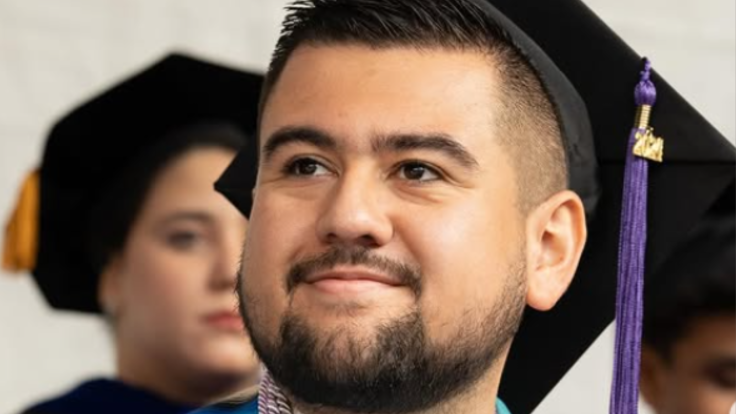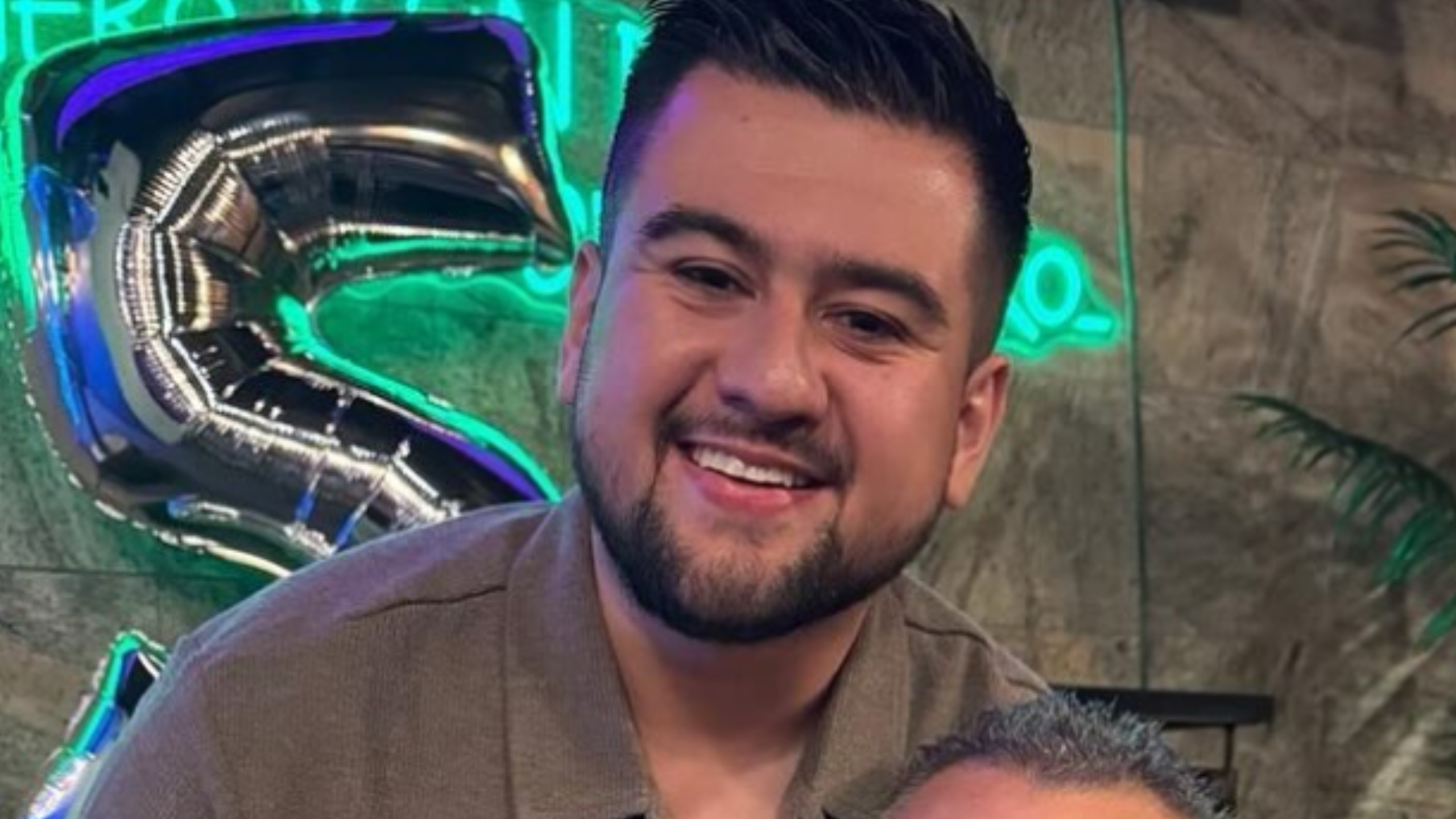10 Photos Of Juan Arias: Charlotte Official Admits He Was Undocumented, Sparking National Outrage
A detailed look at how Juan Arias went from undocumented student to elected city council member, and why his story has fuelled a sharp nationwide reaction.

The story of Juan Diego Mazuera Arias has spread rapidly across the United States after Charlotte officials confirmed that he had once been undocumented. His journey has become a focal point in a wider debate over public resources, opportunity, fairness and immigration policy.
Who Is Juan Arias?
Juan Arias was born in Pereira, Risaralda, Colombia, before being raised in Charlotte, North Carolina, by parents who had crossed into the United States seeking better opportunities. He often credited his upbringing with shaping his views, saying he learned compassion, resilience and a strong work ethic from his family.
But his undocumented status became a barrier as soon as he began applying for university. He did not qualify for federal financial aid and was required to pay international application rates, which pushed him towards Central Piedmont Community College. This period became a turning point. He later secured the Golden Door Scholarship, followed by a full ride at Queens University of Charlotte, where he eventually became the first in his family to graduate from university.
What followed was a wave of national outrage, much of it rooted in questions about how an individual who entered the country without legal status could obtain a full scholarship, rise through political spaces, work for prominent Democrats and eventually win a seat on Charlotte's city council.









A Rising Voice In Campus Leadership
During his time at Queens University, Arias co-founded the Latinx American Student Association, aiming to give more leadership opportunities to Latinx students. He also served as Communications Director for the Hispanic American Democrats of Mecklenburg County and worked on several political campaigns as a field organiser.
He built a public profile by hosting an immigration forum with Mecklenburg County sheriffs, where he discussed policy and its impact on immigrant communities. He also invited well-known speakers such as Linda Sarsour, Dan McCready and Cal Cunningham to bring national conversations to local campuses.
In response to the zero tolerance policy that caused family separations, he formed the College Democrats at Queens University and recruited more than 200 students. These experiences positioned him as an emerging political organiser long before he entered public office.
Career In Washington And Local Government
After university, Arias worked for various organisations linked to Democratic politics, including roles connected with liberal think tanks and progressive campaign infrastructure. The most controversial part of his résumé was his time as a staffer for Representative Alexandria Ocasio Cortez. This detail has been seized upon by critics who argue that his political advancement exemplifies what they describe as a flawed system that allows undocumented youth to move into influential roles.
Supporters counter that his work history reflects civic engagement rather than wrongdoing, while opponents insist it exposes gaps in regulation and oversight.
He eventually returned to Charlotte, where he won a seat on the city council. For many residents, his election symbolised a new generation of leadership. For others, it raised difficult questions about legality, fairness and public accountability.
@r.eyesonice 11.16.2025 Charlotte City Council Election - Former Undocumented Immigrant Juan Arias Wins Seat as Naturalized U.S. Citizen
♬ original sound - EyesOnICE - EyesOnICE
National Outrage
National outrage intensified online after a viral post summarised his life as 'the entire strategy of the Left in a single human'. Several users accused universities of giving benefits they believed should not be available to undocumented students, while others called for investigations into scholarship programmes and employment rules.
One user wrote: 'So he did not have a student visa but had a full scholarship? How is this legal? He should be forced to pay back the amount of that scholarship and the school should be penalised also.' Another commented that there should be penalties for hiring someone without legal status.
Arias has not denied his undocumented past, and his supporters argue that his story highlights the impact of perseverance and community support. His critics see it as evidence of systemic loopholes. What both sides agree on is that his journey raises pressing questions about immigration policy, educational access and the responsibilities of public institutions.
As the discussion continues, his political future will depend on how Charlotte residents interpret his story and what it represents for the city, the state and the country.
© Copyright IBTimes 2025. All rights reserved.




















